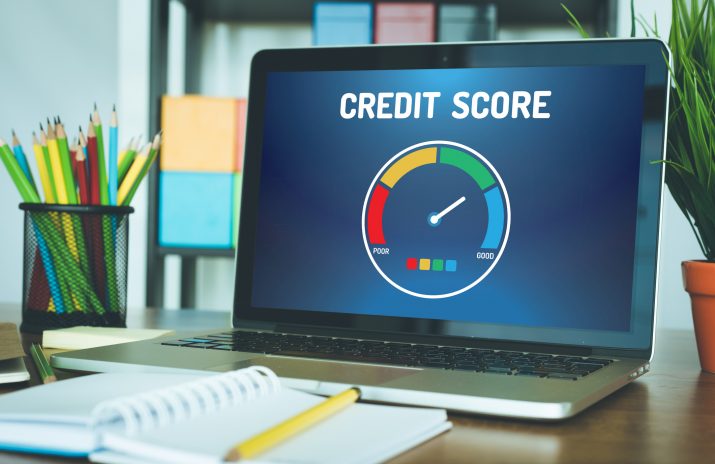CEE Standard: Using Credit
Your students may not know that it is possible for them to get a perfect credit score at such a young age. In this article, Jordon walks through exactly what he did to achieve and maintain a perfect credit score.

Let me get right to it: I just turned 20, and I have a perfect credit score — something that many people work on building and maintaining their whole lives. Somehow I have a head start, and all I need to do is maintain it. How did I do it? Four basic steps:
- Never overdrawing bank accounts
- Starting a direct debit
- Getting and using a credit card
- Never borrowing money
What Is a Perfect Credit Score?
While there are many credit scores out there provided by different companies, most of them have a range of 300 to 850. Any score north of 720 is considered “excellent,” but only 1 percent of the population reaches the very top of the scale.
If you don’t attain a perfect credit score in your lifetime, it’s not the end of the world. As long as you stay above 720 (or even above 690, which is a “good” credit score), you should have no trouble.
My Steps to a Perfect Credit Score
To be honest, I don’t have any secrets or hacks that I’ve used to boost my score. When you put it in perspective — I’ve had an adult bank account for only four years and a credit card for just over one — I haven’t had much time to prove myself financially. But in a way, that has worked in my favor, because I haven’t made any financial mistakes yet.
What I do know, though, is what I have done right in my short time under the financial microscope. There are several money habits that I taught myself while young, and they have greatly helped my credit score reach the number it’s at now.
1. I Made a Point to Never Be Overdrawn.
It’s common sense to most adults, but even as a kid, I made sure that my bank account always had a positive balance. That’s especially difficult when you have no income and the thriving social life of a teenager. Still, I saw to it that I was at least $100 in the black at all times. Whenever I got money for Christmas or my birthday, it would go straight into the account.
This helped me not only to sidestep the temptation of spending it right away, but also to avoid having a low balance.
2. I Started a Direct Debit Early.
Not too long after I turned 16 and opened my first adult bank account, I started a direct debit to a local charity and kept it for two years. It was only about $4 a month, and I was entered into a monthly lottery. Although I began the direct debit to help out the charity, my timely payments boosted my credit score, so I also benefited.
If I’d had no direct debit with repeat payments, there wouldn’t have been any credit information about me. So the financial outlay, though small, helped me in the long run!
3. I Got a Credit Card and Shifted My Spending to it.
What I did next runs counter to what many bloggers warn you about credit cards (and most people find it easier not to have a card to avoid the temptation of overspending): I got a rewards credit card and moved all my monthly spending to it, leaving my checking and savings accounts fairly inactive.
Spending and paying the bill in full each month proved that I was financially responsible. Plus, I usually spent only about $500 of my $2,500 limit each month. This showed that I wasn’t fully reliant on the card.
4. I’ve Never Borrowed Money or Taken Out a Loan.
This is often a tricky one for most people my age who are taking out student loans for college. But I started my own business when I was 16 and bypassed earning a degree. Not only did I avoid spending tens of thousands of dollars on more schooling, but I also found my dream job early in life. Naturally, my credit score also benefited.
Obstacles to Getting a Perfect Credit Score
Whether or not you do all of these things, a good credit score and a healthy financial future are not guaranteed. There are many variables that you have to think about in your financial life to avoid a downward financial spiral.
Likewise, if you started off on a bad financial foot, there is still time to turn the situation around. Having bad credit is not irreversible, and there are plenty of ways to improve your credit score.
- What is the difference between a credit card and a debit card?
- There are three ways in which a credit card company makes money. List them.
- What is a credit score?
- How and why might credit scores vary between people?
- In your own words, explain how Jordon Cox (the author) managed to get a good credit score.

